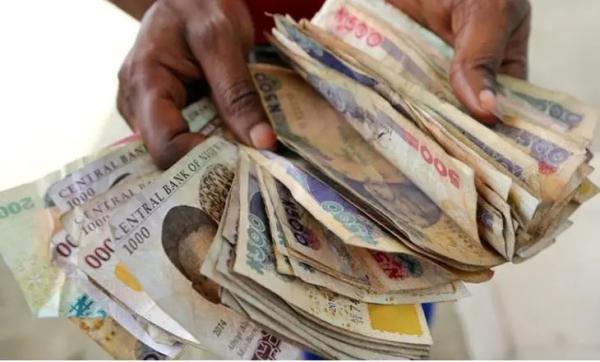At the official market, the Nigerian currency, the Naira is steadily gaining strength against the dollar as it sells at N786.02/$.
For the past few days, the naira has been gaining strength appreciating at both official and the parallel market.
It was gathered that on Wednesday, 1st November 2023, the naira appreciated to N786.02/$1 against N815.32/$1 on Tuesday 31st October, 2023.
The naira appreciation represents 3.73% increase from the N815.32/$1 recorded on the previous day.
According to data obtained from the official NAFEM window, forex turnover at the close of the trading was $105.98 million, representing a 41.82% decrease compared to the previous day.
On the black market where forex is sold unofficially, the exchange rate appreciated by 0.85%, quoted at N1170/$1, while peer-to-peer traders quoted around N1180/$1.
However, the FG in a drastic move to halt the decline of naira is considering beginning the imposition of excise tax penalties on foreign exchange transactions done outside the official market window as part of the moves to discourage multiple exchange rates in the country.
The FG, through the chairman of the Presidential Committee on Fiscal Policy and Tax Reforms, Taiwo Oyedele, also disclosed that the federal government will end payment of taxes in dollars in Nigeria.
Oyedele said Nigerian companies or individuals who do businesses in naira should pay their taxes in local currency.
According to him, the demand for FX to pay taxes is putting more pressure on the demand for foreign exchange in the country.
“This whole idea of paying levies taxes in foreign currency will stop before the end of this year,” he said. “If you are a Nigerian company or individual who does business in naira, why should we pay taxes in dollars? We shouldn’t be creating demand against our currency,” Oyedele stated.
These recommendations aim to tackle urgent economic concerns, such as exchange rate management, the consequences of removing fuel subsidies, controlling inflation, and promoting economic growth.






















